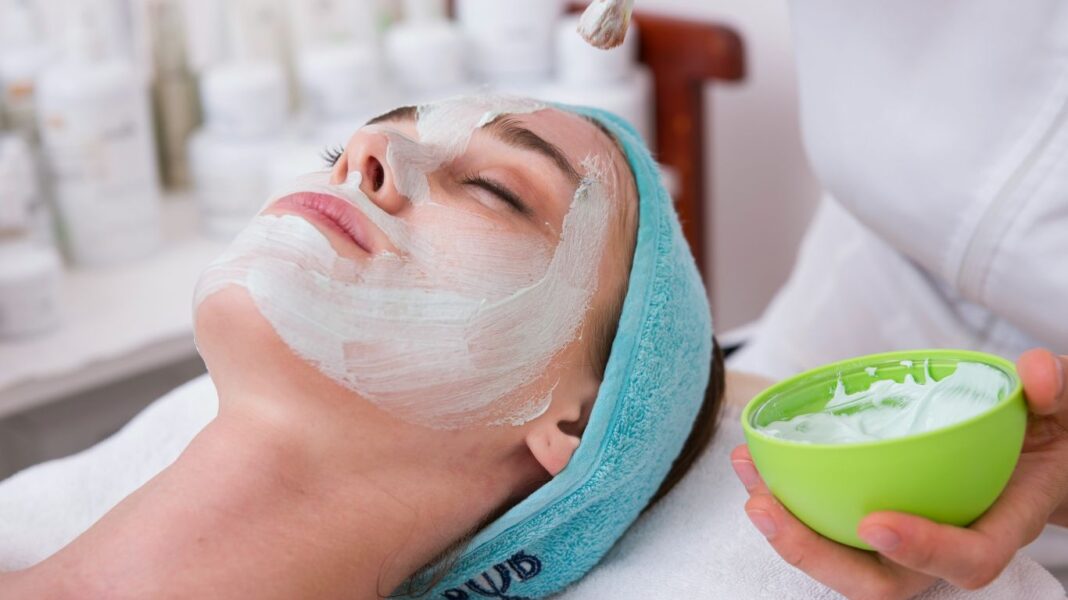Introduction
Social media is teeming with viral skin care hacks, each promising glowing, flawless skin. While some of these hacks are backed by dermatologists, others can be harmful or ineffective. Understanding which hacks are beneficial and which ones to avoid is crucial for maintaining healthy skin.
The Rise of Skin Care Hacks on Social Media
Platforms like TikTok and Instagram have become hotbeds for skin care trends. Influencers and even some dermatologists share tips and tricks, making it easy for anyone to try them out. However, not all hacks are created equal, and the results can vary widely.
Popular Viral Skin Care Hacks
Ice Cube Facial
The ice cube facial involves rubbing ice cubes over your face to reduce puffiness and tighten pores. It’s a simple and refreshing hack that has gained popularity for its immediate results.
Using Toothpaste on Pimples
Many people swear by applying toothpaste on pimples to dry them out quickly. This hack has been around for years, but its effectiveness and safety are often questioned.
DIY Face Masks
DIY face masks using ingredients like honey, yogurt, and turmeric are popular for their supposed natural benefits. These masks are easy to make at home and claim to offer various skin benefits.
Using Vaseline for Glowing Skin
Known as “slugging,” this trend involves applying a thick layer of Vaseline on your face overnight to lock in moisture and achieve glowing skin.
Ice Cube Facial: Pros and Cons
How it’s done:
- Rub ice cubes wrapped in a cloth over the face for a few minutes.
Benefits:
- Reduces puffiness
- Tightens pores
- Improves blood circulation
Potential Drawbacks:
- Can cause redness and irritation
- Not suitable for sensitive skin
Toothpaste on Pimples: Myth or Miracle?
Why people use it:
- Believed to dry out pimples quickly
Scientific Perspective:
- Toothpaste contains ingredients like baking soda and hydrogen peroxide, which can be drying.
Possible Side Effects:
- Skin irritation
- Redness and peeling
- Potential for worsening acne
DIY Face Masks: Ingredients and Efficacy
Common Ingredients:
- Honey: Moisturizing and antibacterial
- Yogurt: Contains lactic acid, which can exfoliate the skin
- Turmeric: Anti-inflammatory and brightening
Benefits of DIY Masks:
- Natural ingredients
- Customizable based on skin needs
Risks and Precautions:
- Potential for allergic reactions
- Inconsistent results
- Hygiene concerns with homemade products
Vaseline for Glowing Skin: Slugging Trend
Explanation of Slugging:
- Applying a layer of Vaseline over your moisturizer to seal in hydration
Benefits for the Skin:
- Deeply moisturizes
- Protects the skin barrier
- Leaves skin glowing
Potential Issues:
- Can clog pores for acne-prone skin
- May cause breakouts for oily skin types
Hacks That Dermatologists Recommend
While many viral hacks are questionable, some have received a nod from dermatologists:
- Ice cube facial: Approved for occasional use to reduce puffiness.
- Honey masks: Beneficial for their antibacterial properties.
- Aloe vera: Great for soothing and hydrating the skin.
Hacks to Avoid According to Experts
Experts often caution against the following hacks:
- Toothpaste on pimples: Can cause irritation and worsen acne.
- Lemon juice: Highly acidic and can damage the skin’s barrier.
- Baking soda masks: Disrupts the skin’s natural pH balance.
Natural vs. Chemical Products: What’s Better?
Pros and Cons of Natural Ingredients:
- Generally gentler on the skin
- Can be less effective or inconsistent
Pros and Cons of Chemical Products:
- Scientifically formulated for specific skin issues
- May cause irritation or allergic reactions
How to Properly Vet a Skin Care Hack
Steps to Verify:
- Research the hack and its ingredients
- Look for scientific backing or dermatologist recommendations
- Test on a small skin patch before full application
Trusted Sources:
- Dermatologists
- Scientific journals
- Reputable health websites
The Science Behind Skin Care
Basic Skin Care Principles:
- Cleansing, moisturizing, and protecting the skin
- Tailoring products to your skin type
Understanding Different Skin Types:
- Oily, dry, combination, and sensitive skin
- Choosing appropriate products and routines
Creating a Personalized Skin Care Routine
Importance of Tailored Skin Care:
- Ensures your skin gets what it needs
- Avoids unnecessary irritation or damage
Building a Routine:
- Identify your skin type
- Select products based on specific needs
- Maintain consistency
The Role of Diet and Lifestyle in Skin Health
Diet and Skin:
- Eating a balanced diet rich in vitamins and antioxidants
- Staying hydrated
Lifestyle Changes:
- Getting enough sleep
- Reducing stress
- Avoiding excessive sun exposure
Conclusion
Skin Care Viral Hacks can be a mixed bag. While some offer genuine benefits, others can harm your skin. It’s essential to approach these trends with caution, do thorough research, and consult professionals when in doubt. Your skin is unique, and what works for others may not work for you.
